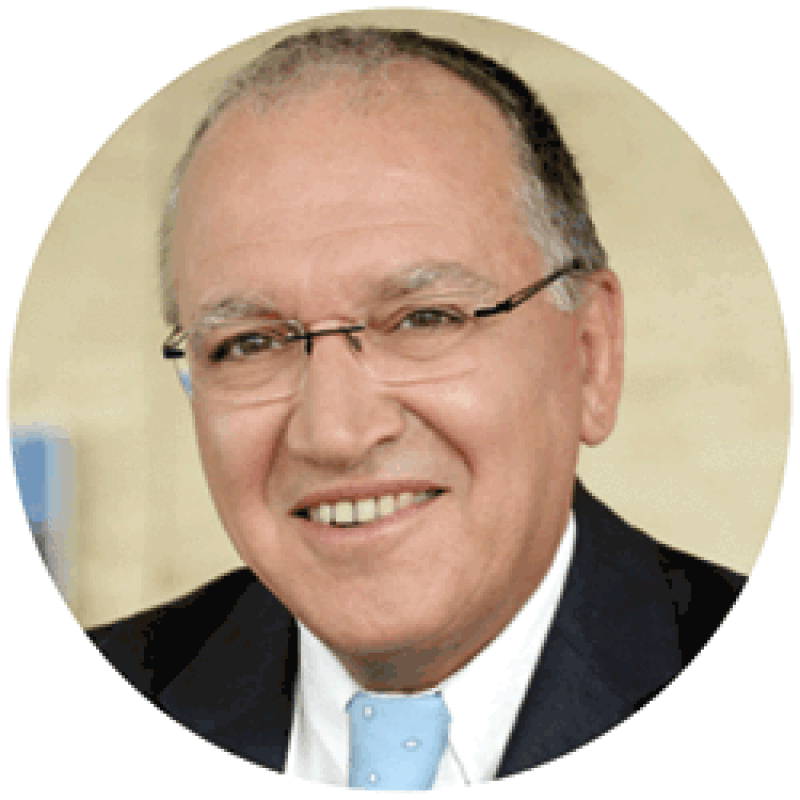
In the interview, conducted by telephone on Monday, we asked him to respond to criticisms and protests during the past year, in particular regarding changes to EPO working practices and plans to reform the Boards of Appeal, as well as concerns about staff being suspended. He also discussed briefly the Office’s preparations for the Unitary Patent, and responded to accusations that the EPO favours large applicants. Asked if he felt that, given the events of the past year, he still had the support of EPC member states, the president said: “I not only feel that, but the facts are there. Last week [at the Admin Council meeting] the budget was unanimously supported by the Council. There is no more important issue in any organisation than the budget. Any government would be pleased to have its budget unanimously supported by the legislative body.”
The interview lasted about one hour and we have published the full unabridged transcript (Managing IP subscription or free trial required).
No U-turn

Battistelli insisted that reforms such as performance-based pay are "necessary to build the future of the organisation" and criticised the examiners’ union, SUEPO, for opposing them: “The trade union does not try to make a better deal for the staff, but wants to oppose any reform because they want to maintain control of the organisation.” He said the recent demonstrations in Munich and elsewhere only reflected the views of a minority of staff: “I am convinced I have the support of the majority of staff, and the results we are obtaining would not be achieved by staff which are not fully behind this policy.”
But he also left open the door to future cooperation with SUEPO, saying he hoped to sign a MoU with the union in 2016 to recognise it as “a social partner”.
Disciplinary proceedings are now underway against some senior members of SUEPO, and Battistelli said he would follow the recommendations of the disciplinary committee. “There are some individual behaviours which are not acceptable and which need to be sanctioned, such as harassment cases. It is not legitimate to harass somebody because you are a staff representative,” he commented.
Despite his robust defence of his position, though, Battistelli acknowledged that the reputation of the EPO has been damaged by recent criticisms: “It is true that politically this campaign has had some impact, we have to be realistic about that, and because of our protective roles we couldn't indicate what was at stake. We will be able in the near future to inform the public on the kinds of attacks and behaviour we have been victims of.”
Boards of Appeal

Battistelli confirmed that he would make new proposals to reform the Boards of Appeal, where there are questions about productivity and independence, early next year. He made it clear that he would like to delegate the authority to manage the Boards: “It is a system that should be changed and somebody has to be responsible for that, and I prefer that we give this task to a new position.” He also hinted that the costs of appeals might have to rise: at present, the cost of the Boards is about €70 million, but the appeal fees only cover about 4% of this amount. Battistelli said he would prefer this proportion to be about 20% or 25%.
Some user groups have recently noted that there are vacancies in the Boards that need to be filled. Battistelli said it was “short-sighted” to suggest the backlog at the Boards has been created in the past few months due to positions being vacant, but also hinted that he might give some ground here, saying: “I am ready to look at this issue early in 2016 and if there are some nominations to be made we will propose them.”
As to where the Boards should be based, the president emphasised that to preserve the appearance of independence, they should be moved outside of the EPO premises, whether in Munich or another city. He also said it was necessary to have rules on conflicts of interest, to prevent members of the Boards going directly into private practice firms.
Follow up
These are just a few highlights from what Battistelli said. Please read the full interview for the detail. It is long, but we felt that given the gravity of the topics being discussed, the seriousness of the criticisms and the interest among readers, it was worth publishing in full.
Before conducting the interview, we asked a number of practitioners what they would like to ask the EPO management and also invited questions on our Twitter feed. We put as many of these as we could to Battistelli, and there were no topics he declined to discuss. Indeed, the interview lasted twice as long as scheduled. Of course, there may be other questions that people want answered, and we may follow up on these. We welcome your views using the comment function on this website, or on social media.
We know that what’s happening at the EPO is important to many readers, and we will continue to monitor it in 2016, and do our best to reflect all sides of the debate as fairly and clearly as we can.










